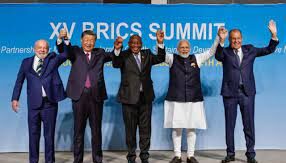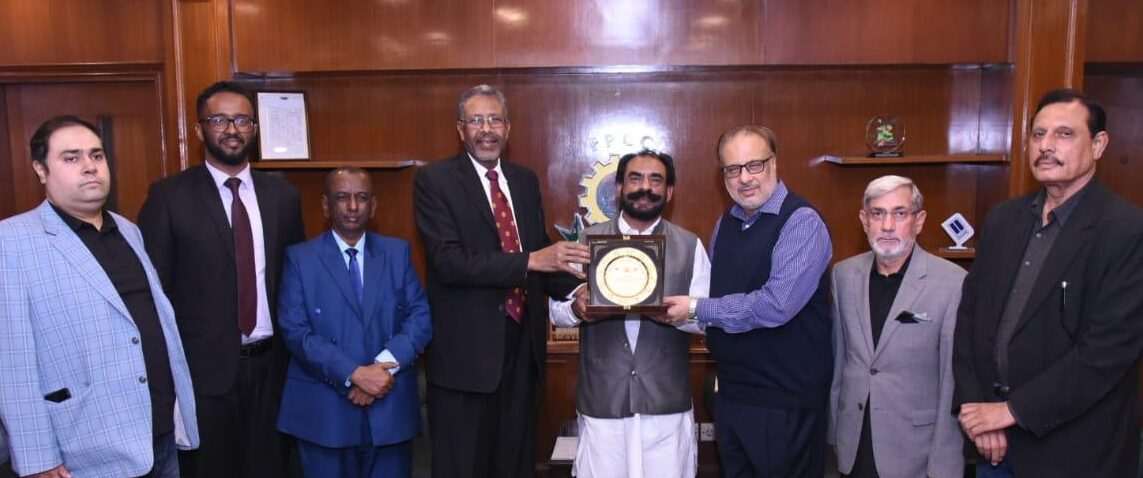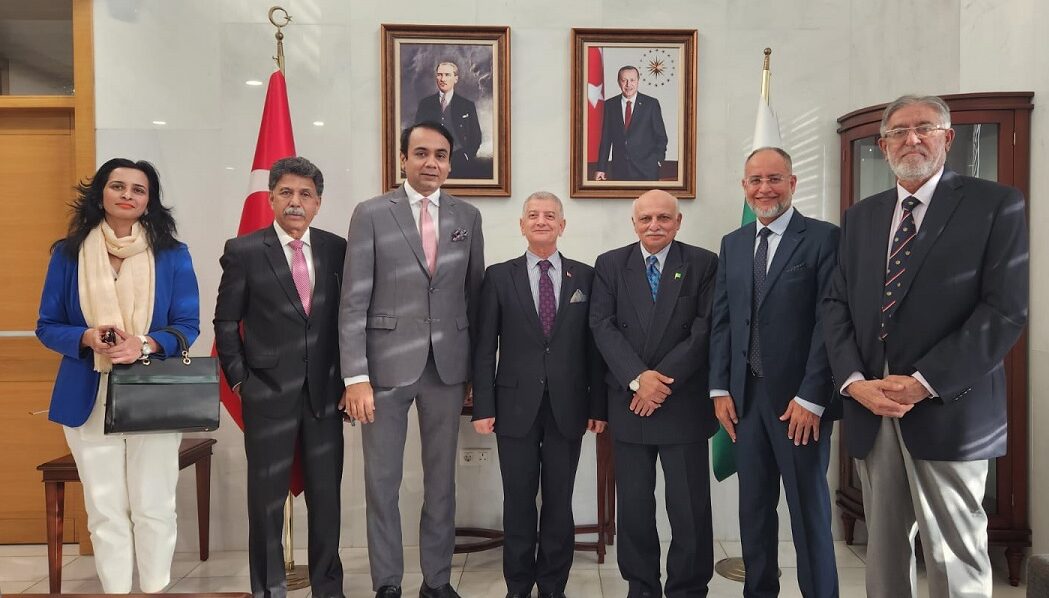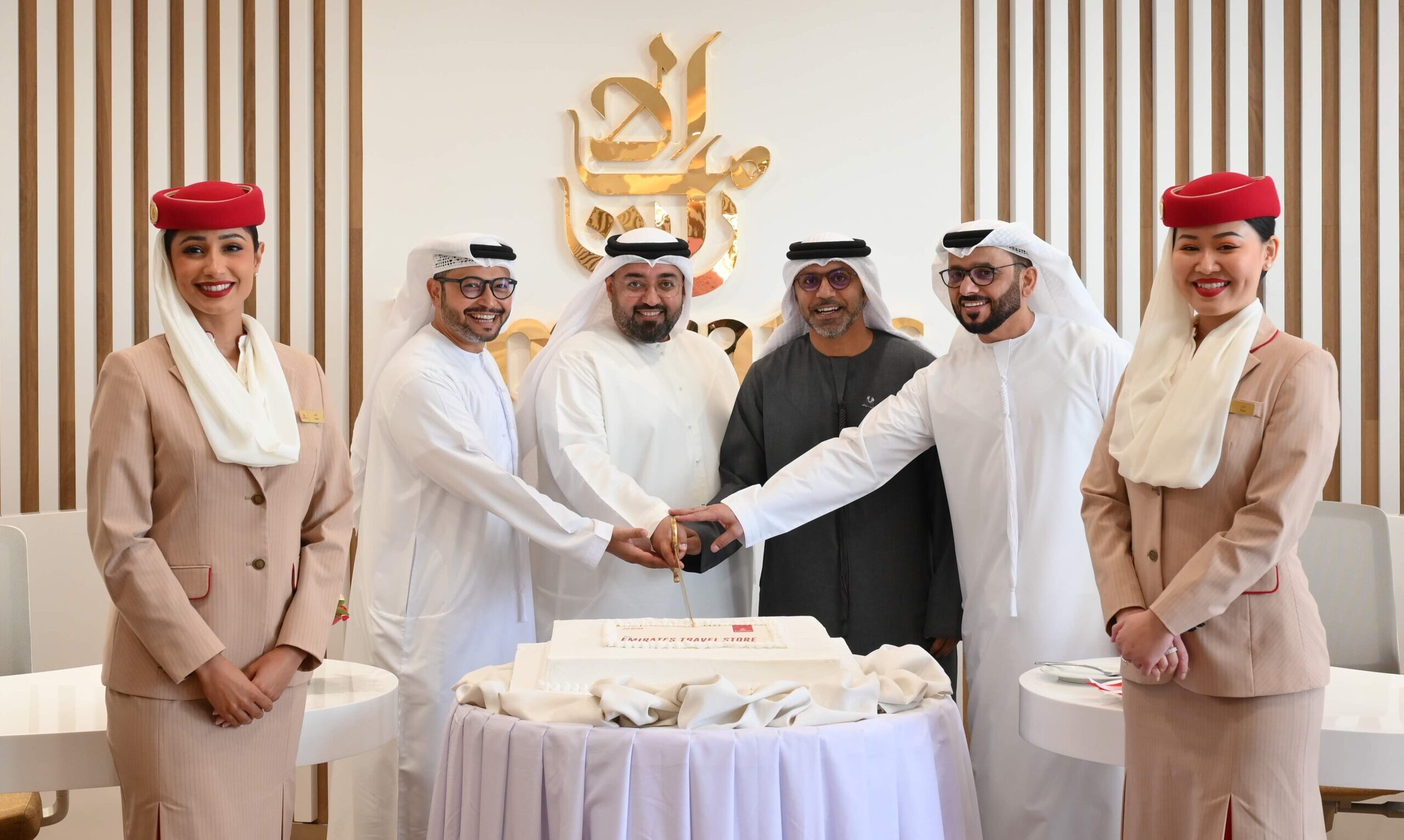Shanghai, (Xinhua) October 23 2024: Dilma Rousseff, president of the New Development Bank (NDB), highlighted the immense potential and growth capacity of BRICS nations, declaring them significant players in the global economy. “In terms of GDP, BRICS countries have already surpassed the G7 in significance,” she noted.
BRICS, which stands for Brazil, Russia, India, China, and South Africa, represents five major emerging markets rich in economic prospects. With new full members joining on January 1, 2024, more than 30 additional nations, including Thailand, Malaysia, Turkey, and Azerbaijan, have expressed interest in joining the group or have formally applied for membership.
Rousseff emphasized the importance of establishing proper mechanisms for emerging and developing countries, citing the creation of the NDB and the Contingent Reserve Arrangement as vital steps in this direction. The NDB was established during the bloc’s sixth summit in Fortaleza, Brazil, in July 2014, where leaders of the initial five nations signed the agreement to create the bank.
The NDB aims to facilitate essential investments in infrastructure, including logistics and digital sectors, as well as in social infrastructure like educational institutions, and advancements in science, technology, and health. Rousseff described the NDB as a crucial platform for international cooperation that goes beyond borders, amplifying the voices of BRICS countries and embodying the aspirations of other nations.
Headquartered in Shanghai, the NDB was jointly founded by Brazil, Russia, India, China, and South Africa in 2014 to mobilize resources for infrastructure and sustainable development projects in BRICS nations and other emerging economies. Since expanding its membership in 2021 to include Bangladesh, the United Arab Emirates, Uruguay, and Egypt, the bank has invested nearly $35 billion in various sectors such as clean energy, transportation infrastructure, and digital solutions, contributing positively to global economic governance.



























































































































































































































































































